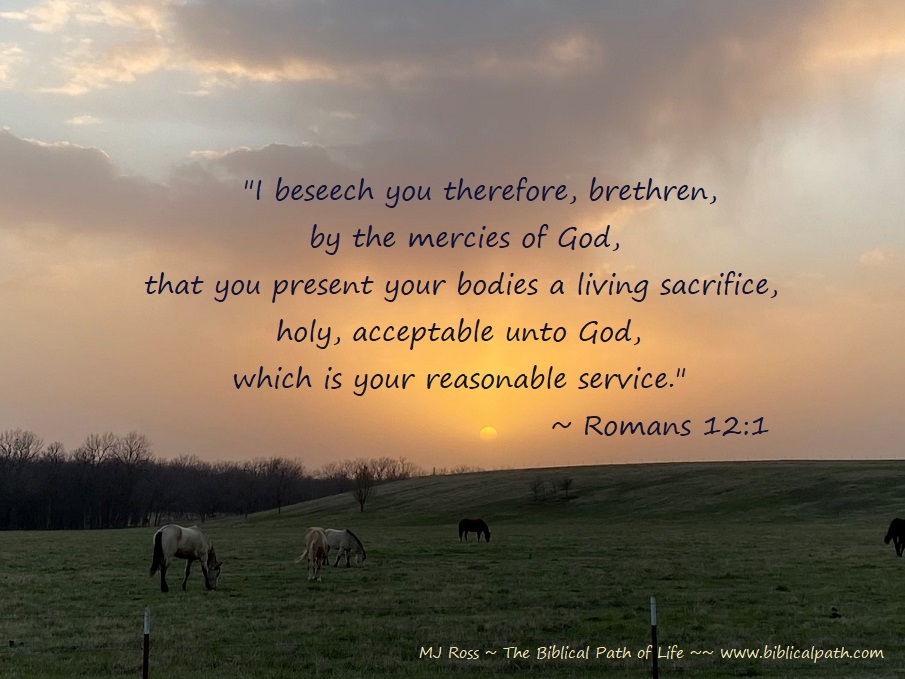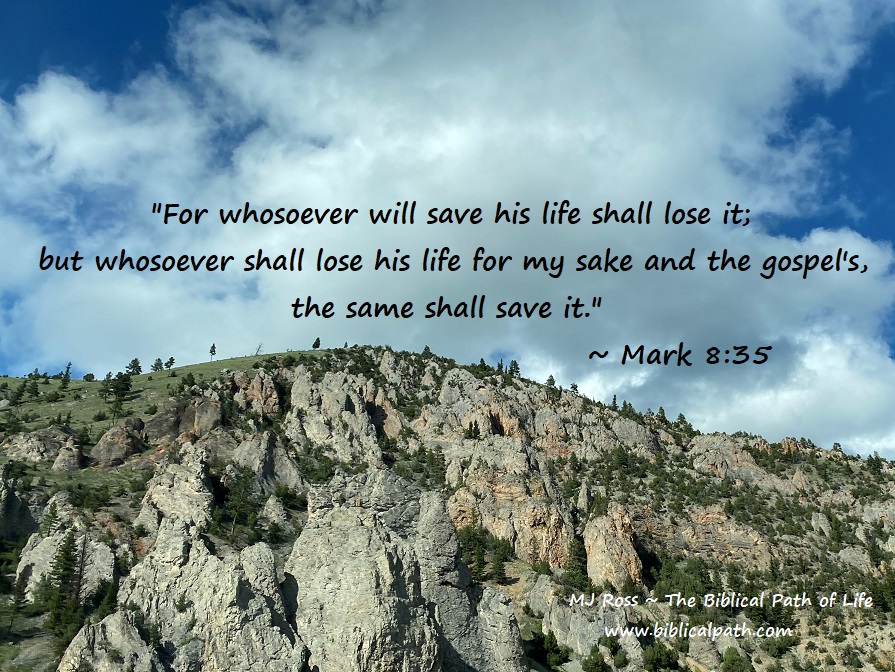
“Greater love hath no man than this, that a man lay down his life for his friends.”
John 15:13
We have heard all of our lives that God sent His Son, Jesus, into the world to save us from our sin. But have you ever thought about how Jesus felt on the eve of that event? Consider Jesus’ prayer as He was about to give up His life – for us. As we read the prayer from His heart (see John 17), recognize how His heart was opened up and revealed for us to understand His heart’s desire as He prayed to His Father. If you take time to look back at Psalm 22, one can understand that Jesus knew of the suffering He was about to endure on the cross for our sins. This will help us understand more clearly the love Jesus had for us, His friends. “Greater love hath no man than this, that a man lay down his life for his friends” (John 15:13).
Understanding the suffering death He was about to endure, Jesus did just what we have learned that we should do – He took the issues of His heart to God. “The preparations of the heart in man, and the answer of the tongue, is from the LORD” (Proverbs 16:1). (Preparationsmeans “preparing for a particular purpose”.) Jesus’ heart was preparing for the task at hand. “1. These words spake Jesus, and lifted up his eyes to heaven, and said,Father, the hour is come; glorify thy Son, that thy Son also may glorify thee: 2. As thou hast given him power over all flesh, that he should give eternal life to as many as thou hast given him. 3. And this is life eternal, that they might know thee the only true God, and Jesus Christ, whom thou hast sent. 4. I have glorified thee on the earth: I have finished the work which thou gavest me to do” (John 17:1–4). Glorifymeans “to reveal the divine character and attributes of God”. (See John 2:11; John 11:40; John 12:23-35; John 13:31-32 of a few instances where Jesus glorified God.)
Remember: “No man hath seen God at any time; the only begotten Son, which is in the bosom of the Father, he hath declared him” (John 1:18). Jesus understood this and mentioned it in His prayer. He understood that His life here on this earth was to reveal God to man. “And the Word was made flesh, and dwelt among us, (and we beheld his glory, the glory as of the only begotten of the Father,) full of grace and truth” (John 1:14). The only way the world could be saved was to know God and what He did for mankind (sending His Son to be the propitiation for our sins). “9. In this was manifested the love of God toward us, because that God sent his only begotten Son into the world, that we might live through him. 10. Herein is love, not that we loved God, but that he loved us, and sent his Son to be the propitiation for our sins” (1 John 4:9–10). (Propitiation is “the means of putting away sin and establishing righteousness—only by Jesus presented as the righteous one, making payment for sin; once and for all”.) This was the work that God sent Jesus to do.
Think about some of the finished work of Christ when He came. His miracles and messages, the training of His disciples for future work, and ultimately the required sacrifice. “11. And every priest standeth daily ministering and offering oftentimes the same sacrifices, which can never take away sins: 12. But this man, after he had offered one sacrifice for sins for ever, sat down on the right hand of God; 13. From henceforth expecting till his enemies be made his footstool. 14. For by one offering he hath perfected for ever them that are sanctified… 17. And their sins and iniquities will I remember no more. 18. Now where remission of these is, there is no more offering for sin” (Hebrews 10:11-14, 17-18). (See also Hebrews 9:24-28.)
Recognizing this, we must understand that because of this finished work, Believers can have the gift of eternal life. “2. As thou hast given him power over all flesh, that he should give eternal life to as many as thou hast given him. 3. And this is life eternal, that they might know thee the only true God, and Jesus Christ, whom thou hast sent” (John 17:2-3).
Something exciting to consider: Believers are the Father’s gift to His Son, Jesus (see John 17:2, 6, 9, 11-12, 24 and especially notice that Believers today are included in John 17:20). We remember God’s gift to us (see John 3:16). But it should be special to us that we are God’s gift to His Son, Jesus. The only work we can do to achieve this status is found in John 6:29: “Jesus answered and said unto them, This is the work of God, that ye believe on him whom he hath sent.” We must believe on Jesus.
Have you believed, receiving the gift of eternal life, becoming one that Jesus prayed for in the garden?
Have you become a gift from God to Jesus?








